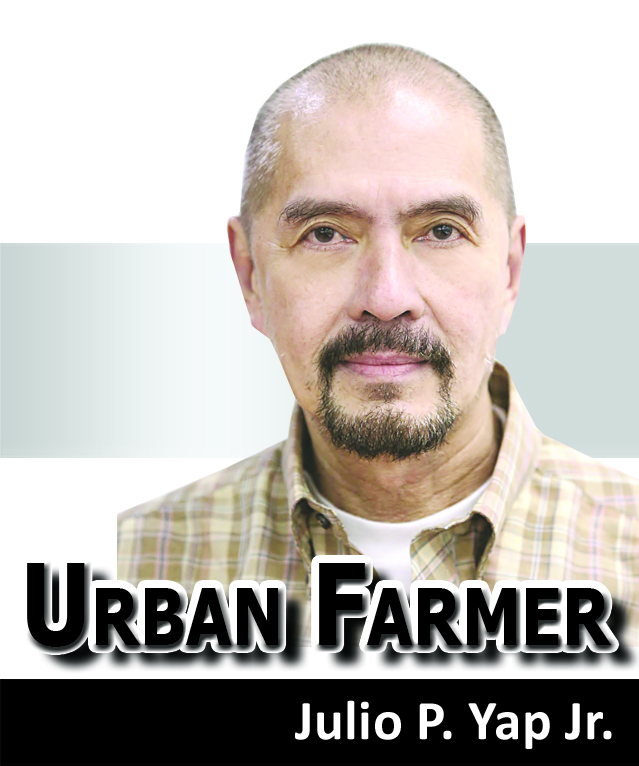 IN THE Philippines, the native pig industry has a lot to offer which needs to be explored further to generate business opportunities, as well as provide a bright prospect for the small industry players.
IN THE Philippines, the native pig industry has a lot to offer which needs to be explored further to generate business opportunities, as well as provide a bright prospect for the small industry players.
Following this development, Maximillan B. Cabriga established the Teofely Nature Farm in Silang, Cavite, which became to be a government-accredited “Farm School” for raising native pigs, and cultivation of organically grown vegetables, fruits, and herbs.
The demands for the native pig’s meat have been constantly surging, however, the local resources remained low – thus the need to address the deficiency.
This is the reason why Cabriga established the farm school to train would-be native pig raisers, including enthusiasts who maintain native pigs in their own backyards.
To boost the production of native pigs, there is the need to know more about the industry through the farm school, which could also provide a bright prospect for the local entrepreneurs.
The farm school at the Teofely Nature Farm has been accredited by the Agricultural Training Institute of the Department of Agriculture (DA-ATI), and soon to gain accreditation from the Technical Education and Skills Development Authority (TESDA).
Cabriga, who is also the organizer and president of the Philippine Native Pig Owners Network Association, Inc. (PNPONAI), says that contrary to the belief that raising native pig is not sustainable compared with raising hybrid pigs, native pigs can sell for a much higher price than the commercially raised hybrid swine.
He is also encouraging those who are interested to raise native pigs to learn how to adopt “natural farming protocols” to be their standard in breeding, managing, feeding, housing, and caring of their native pigs.
With the accessibility of farm schools, farming becomes more attractive, and a good source of income, as participants – students, farmers, women – are taught new, modern techniques of farm production that gives good returns and a sense of satisfaction, making farming a respectable option to moving to cities where jobs are hard to find.
Based on studies, among the barriers which keep the Filipino farmers to become more successful are lack of technical expertise, inadequate access to socialized credit and lack of mechanization and financial literacy or business sense.
In order to help remove one of the barriers, Cabriga formed the farm school in an effort to help in the conservation and development of the native pig breeds and for the growth of the Philippine native pig industry.
According to Cabriga, or “Ian” as he is fondly called, his farm school now offers seminars which are designed to respond to the increasing demand for native pig meat.
The farm school will also equip the native pig raisers with the proper knowledge on how to produce safe food, in an effort to contribute to the swine industry in the country.
Among the topics to be discussed in the seminars include: transfer of concepts and ideas to the participants, such as how to develop their own “lechon” products; topics and suggestions on value-adding; food safety; and how to become agripreneurs. (jaypeeyap@ymail.com/PN)






